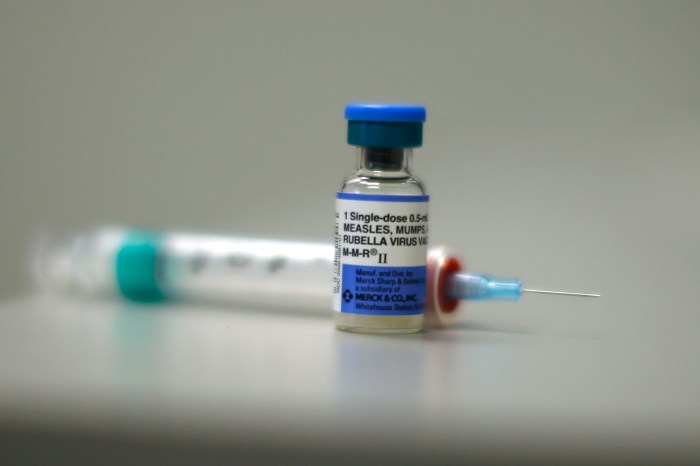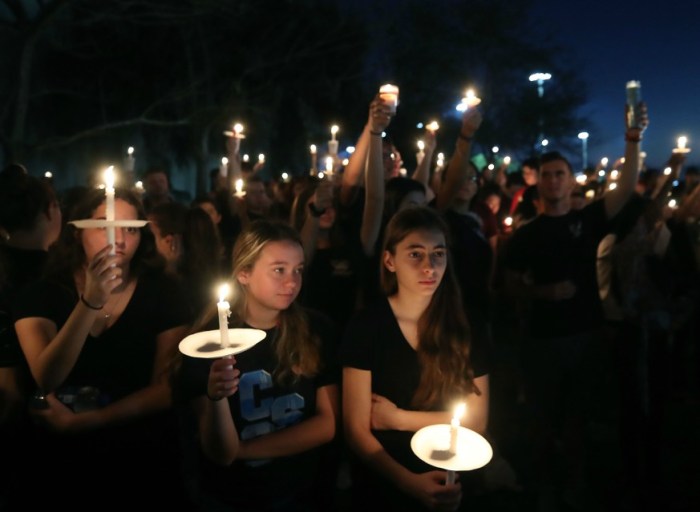Boston is known as a health hub thanks to its grade-A hospitals and health-related innovations, but how healthy are the city’s residents?
A new report from the Boston Public Health Commission out Thursday helps shed light on just that.
The 2016 – 2017 Health of Boston report looked at data on everything from mental health, environmental health, access to health care, substance abuse, health-related behaviors and more.
That data has shown improvements when it comes to lowering the infant mortality rate — from 2006 to 2015, deaths among black infants dropped 36 percent — and reducing things like teen pregnancy — from 2011 to 2015, the birth rate among Boston 15 to 17-year-olds decreased 57 percent.
Cigarette smoking and binge drinking among young people is also down, with the percentage of high school students saying they smoke down to 4.8 percent from 7.5 percent in 2007.
From 2011 to 2015, the cancer mortality rate in Boston has decreased 12 percent overall, and in that same time period, the rate of newly-diagnosed HIV cases dropped 25 percent.
In 2015, only 4 percent of all Boston residents did not have health insurance.
Information on intentional injuries and exposure to violence was also included in the report, because “living in a community with high levels of physical violence and intentional injury can cause people to feel perpetually unsafe and can negatively impact their health,” according to the report authors. Feeling unsafe can also contribute to mental health issues like anxiety, depression and less physical activity.
A lot of Boston residents don’t feel safe, the report found. In 2015, 56 percent of Boston adults reported feeling that their neighborhood “was only somewhat safe or not safe at all.” Boston’s homicide rate, however, has declined, falling 37 percent between 2006 and 2015.
“The data and points of view included within the report serve to guide our work, inform our strategic priorities and increase our capacity to address these challenges through targeted partnerships and collaboration,” said BPHC Executive Director Monica Valdes Lupi in a statement. “This report gives us the foundation to tailor our services to the most urgent needs of Boston residents, specifically the most vulnerable.”
See the full report here.















